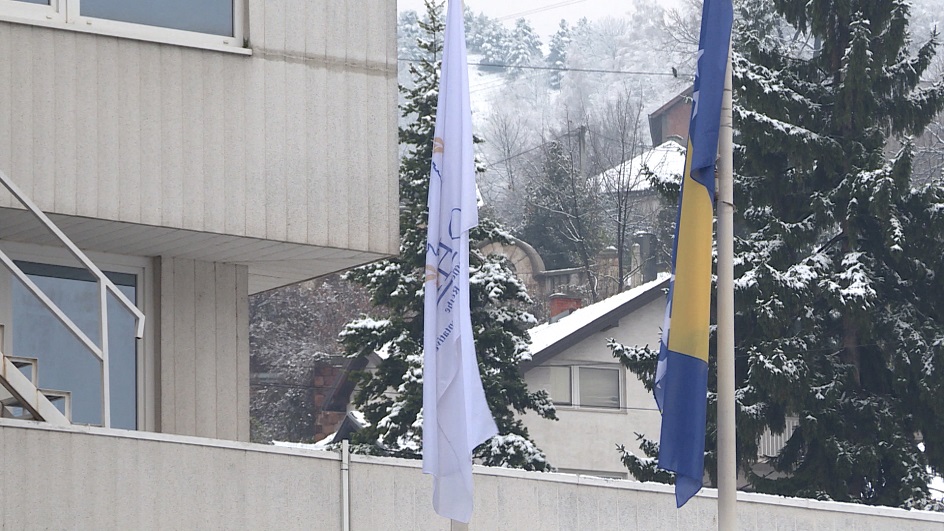OHR condemns Republika Srpska entity's steps towards transfer of competencies

Adoption of Law on Medicines and Medical Devices of Republika Srpska violates the entity's obligations stemming from the Constitution of Bosnia and Herzegovina, the Office of the High Representative (OHR) told N1, commenting on the law that was adopted late last week in the entity government of Bosnia's Serb-majority region.
Oglas
Republika Srpska Government passed amendments to the Law on Republic Administration, which enables the establishing of agency for medicines at the entity level, separately from the state-level Agency for Medicinal Products and Medical Devices. The move sparked strong reactions among international and a part of local officials.
The decision means the first in the set of laws that Serb member of Bosnia's tripartite Presidency Milorad Dodik announced as a plan of transfer of some competencies from the state to entity level, unanimously and without a consent of the state parliament.
The OHR assessed that this move undermines the state-level agency, Bosnia's internal market, as well as meeting of the international obligations of Bosnia and Herzegovina stemming from the international conventions and obligations towards the accession to the European Union.
“Furthermore, the implementation of this law may lead to a shortage or the lack of choices for pharmaceutical and medical devices in the RS, which would jeopardise the health and well-being of RS citizens. The situation needs to be clarified before citizens in need of pharmaceutical treatment find themselves in an unenviable situation,” the OHR said.
The Office of the High Representative is the institution established by the international community in 1995 to oversee the implementation of the Dayton Peace Agreement – the peace deal which ended the 1992-95 war and contains the Constitution of BiH.
The High Representative was assigned with special powers to impose laws and remove officials.
Kakvo je tvoje mišljenje o ovome?
Učestvuj u diskusiji ili pročitaj komentare
Oglas
Kakvo je tvoje mišljenje o ovome?
Učestvuj u diskusiji ili pročitaj komentare
Oglas





 Srbija
Srbija
 Hrvatska
Hrvatska
 Slovenija
Slovenija


























































